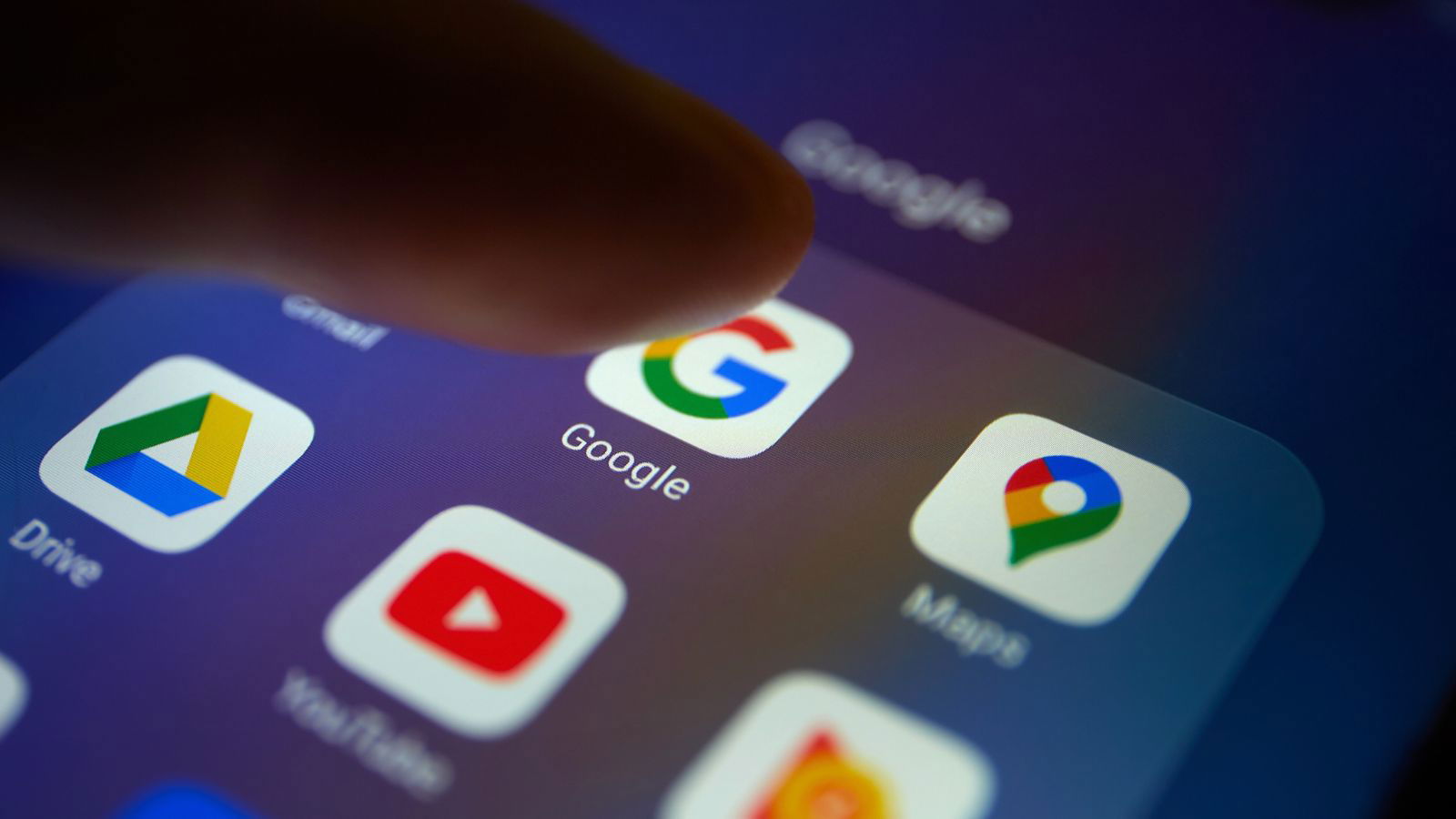



SG orders Apple and Google to roll out anti-spoofing fixes for iMessage, Google Messages
share on
The Singapore Police Force (SPF) has directed Apple and Google to roll out new anti-spoofing safeguards on iMessage and Google Messages, as part of the Online Criminal Harms Act (OCHA). The implementation directives were issued on 24 November, with both companies required to introduce the measures by 30 November.
According to a press release from the Ministry of Home Affairs (MHA), the move aims to curb impersonation scams, which have grown more sophisticated as scammers shift from SMS to IP-based messaging platforms.
While government agencies have used the “gov.sg” SMS sender ID since July 2024, the safeguards enforced through the SMS Sender ID Registry (SSIR) do not extend to iMessage and Google Messages.
Don't miss: Singapore orders Meta to curb Facebook scams or face S$1m fines
SPF noted that government agencies do not use “gov.sg” on these platforms, raising the risk of confusion as messages appear alongside SMSes. The authoroity has already observed cases of spoofed SSIR-registered sender IDs on iMessage and Google Messages, including more than 120 incidents involving SingPost.
Under the directives, Apple and Google must prevent accounts and group chats from displaying names that spoof “gov.sg” or any government agency, or filter messages from such accounts. They must also ensure unknown senders’ profile names are hidden or shown less prominently than their phone numbers to help users better spot suspicious messages.
Both tech firms have agreed to comply. The authorities are urging users to keep their iMessage and Google Messages apps updated to ensure the new safeguards are active.
As Google prepares to implement the new requirements, the move follows broader online safety efforts it unveiled in October. At the time, the tech giant said it would roll out age assurance solutions across its products in Singapore in the first quarter of 2026 to give younger users more age-appropriate experiences.
The initiative uses machine learning to estimate a user’s age and automatically apply protections such as SafeSearch filters, restricted access to adult apps on Google Play, and wellbeing limits on YouTube. Users flagged as under 18 are notified of changes and may verify their age using government-issued ID or a selfie.
Related articles:
IMDA: Social media platforms should do more to protect children from harmful content
Online scams and gambling main target of social media takedowns, says minister
Meta joins SPF and NCPC to beat scammers at their own game
share on
Free newsletter
Get the daily lowdown on Asia's top marketing stories.
We break down the big and messy topics of the day so you're updated on the most important developments in Asia's marketing development – for free.
subscribe now open in new window
